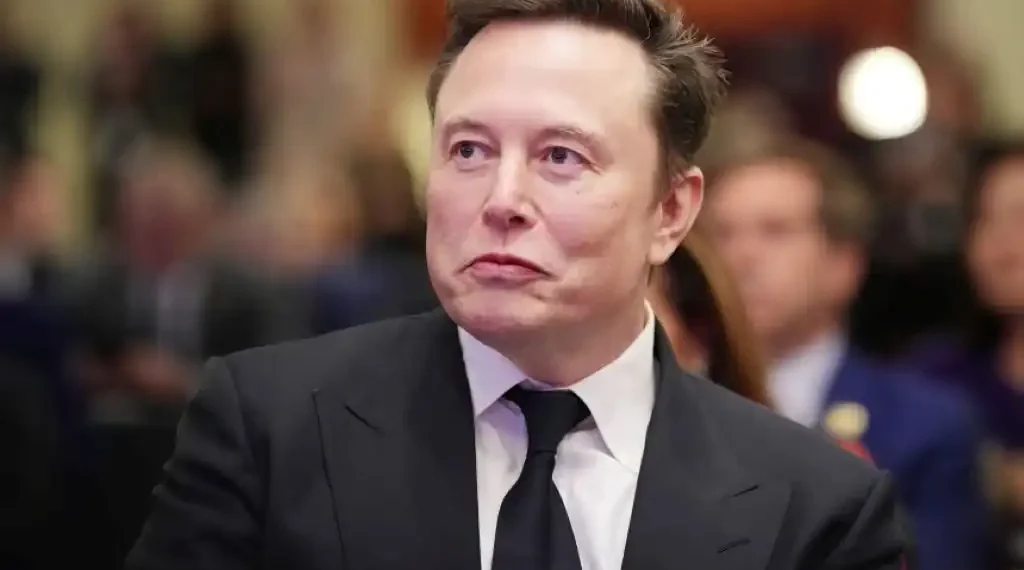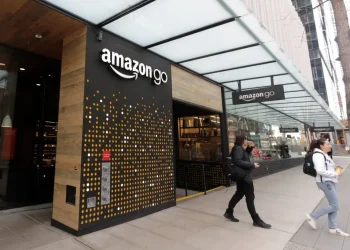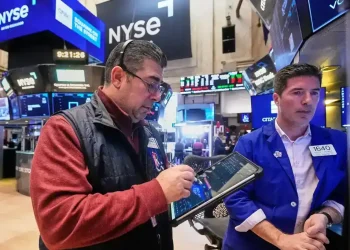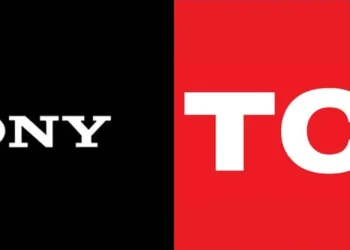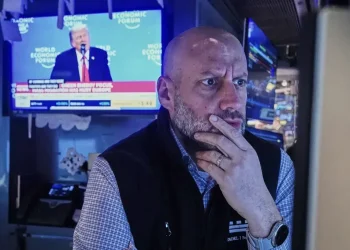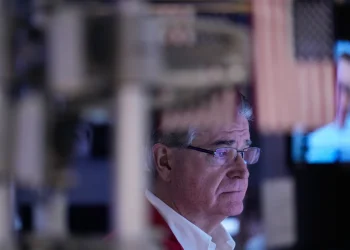Tesla confirms $16.5B chip deal with Samsung
Written: July 29, 2025 | 16:30 EDT
Tesla CEO Elon Musk has announced a $16.5 billion semiconductor agreement with South Korea’s Samsung Electronics, marking a major development for both companies. The long-term deal will provide Tesla with next-generation AI chips and could significantly revive Samsung’s underperforming foundry business in the U.S.
Tesla to source AI chips from Samsung’s Texas plant
In a series of posts on X (formerly Twitter), Elon Musk revealed that the AI6 chips will be manufactured at Samsung’s upcoming semiconductor plant in Taylor, Texas. The facility, which has seen delays and lacked major customers until now, will serve as a critical production site for Tesla’s autonomous driving systems.
“Samsung agreed to allow Tesla to assist in maximizing manufacturing efficiency,” Musk wrote. “This is a critical point, as I will walk the line personally to accelerate the pace of progress. And the fab is conveniently located not far from my house.”
He also emphasized that the $16.5 billion figure is “just the bare minimum,” suggesting actual chip output could exceed expectations.
A lifeline for Samsung’s foundry business
Samsung’s shares surged as much as 6.8% following the announcement—reaching their highest level since September 2024—while Tesla’s stock gained 1.9% in U.S. premarket trading.
The chip deal is particularly significant for Samsung’s Taylor fab, which, according to NH Investment & Securities analyst Ryu Young-ho, had “virtually no customers” until this agreement. Reuters previously reported that Samsung had delayed acquiring high-end ASML chipmaking equipment for the Texas facility due to the lack of major contracts.
The AI6 production timeline has not been confirmed, but analysts estimate it could begin around 2027 or 2028. Musk had earlier stated that Tesla’s AI5 chips—being manufactured by Taiwan’s TSMC—would roll out by the end of 2026.
Strategic implications for both companies
Samsung currently manufactures Tesla’s AI4 chips, which power the automaker’s Full Self-Driving (FSD) system. While TSMC is producing the AI5 chips, the new deal with Samsung marks a renewed partnership and a diversification of Tesla’s supply chain for its upcoming AI6 chips.
Lee Dong-ju, an analyst at SK Securities, noted that while Musk’s target dates are ambitious, Tesla has a history of delays, suggesting production might stretch into 2028.
From Samsung’s perspective, the deal is a boost to its logic chip ambitions. Despite being the world’s largest memory chipmaker, Samsung holds just 8% of the global contract chip manufacturing (foundry) market—far behind TSMC’s dominant 67%, according to TrendForce.
Financial impact and broader context
Samsung’s foundry division has been under pressure, recording an estimated ₩5 trillion ($3.6 billion) in losses in the first half of 2025, according to Pak Yuak of Kiwoom Securities. The Tesla partnership is expected to ease some of these losses and inject momentum into the company’s U.S. operations.
The deal was first announced by Samsung earlier this month without naming Tesla as the client, citing confidentiality. However, three sources confirmed to Reuters that Tesla was indeed the customer behind the $16.5 billion agreement, which is set to run through 2033.
Samsung’s earnings report, due later this week, is expected to reflect continued challenges in the AI chip sector. Earlier this month, the company projected a 56% decline in second-quarter operating profit, partly due to underperformance in its foundry business.
Competition and geopolitical backdrop
Analysts point out that Samsung has struggled to retain and attract high-profile clients, many of whom—including Apple, Nvidia, and Qualcomm—prefer TSMC for advanced chip fabrication. This highlights the growing technological gap Samsung must address if it wants to compete in the capital-intensive chip market.
It remains unclear whether the Samsung-Tesla deal is linked to ongoing trade negotiations between South Korea and the United States. Seoul is reportedly seeking broader partnerships in the semiconductor and shipbuilding sectors as it attempts to negotiate exemptions from potential U.S. tariffs of up to 25%.
While the geopolitical implications remain speculative, the agreement underscores the increasing interdependence between major U.S. tech firms and Asian semiconductor manufacturers in the evolving global AI race.
This article was rewritten by JournosNews.com based on verified reporting from trusted sources. The content has been independently reviewed, fact-checked, and edited for accuracy, neutrality, tone, and global readability in accordance with Google News and AdSense standards.
All opinions, quotes, or statements from contributors, experts, or sourced organizations do not necessarily reflect the views of JournosNews.com. JournosNews.com maintains full editorial independence from any external funders, sponsors, or organizations.
Stay informed with JournosNews.com — your trusted source for verified global reporting and in-depth analysis. Follow us on Google News, BlueSky, and X for real-time updates.
